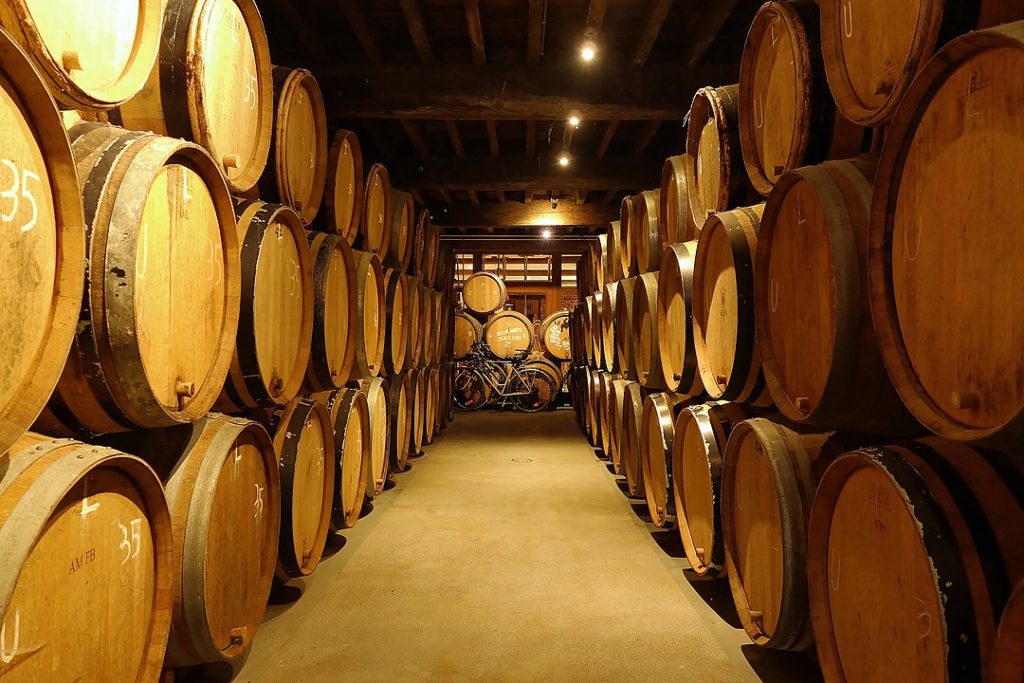The production of two of Belgium’s iconic products, beer and fries, could be severely affected by climate change, according to a report commissioned by the National Climate Commission.
The report, “Evaluation of the socio-economic impact of climate change in Belgium”, looks at the current forecasts for the effects of climate change, and the effect on a variety of economic sectors, including energy, fisheries, tourism, agriculture and transport.
“In recent years Belgium has experienced persistently mild winters, recurring drought episodes and a succession of hot summers, culminating in the unprecedented temperature extremes recorded during the summer of 2019,” says the report, which was written before this summer’s record-breaking temperatures.
“These phenomena have already affected agricultural yield, mortality figures and labour productivity loss, among other things.”
Increased temperatures, especially the higher extremes, have an effect on labour productivity, especially in outdoor work like construction. Heatwaves have a negative effect on health, particularly among vulnerable populations, although there is an opposite effect from milder winters.
Infrastructure is damaged by both heat and flooding, another consequence of climate change. But it is in agriculture that the effects will be felt in the production of two of Belgium’s most world-famous products, beer and fries.
A combination of drought and heatwave in 2018 led to a loss of 31% of the potato crop in Flanders (which accounts for the great majority of the country’s production), as well as 13% of sugar beets and 10% of cereals. And worse is to come.
Belgium is one of the world’s largest exporters of pre-cooked and frozen potato products, exporting to 150 countries. Drought is the main concern – the 2018 drought led to price increases of 23%.
But once the potatoes are harvested, large quantities of water are required for processing, especially for frozen products. And with higher average temperatures, more water still will be required for storage.
The problem for the brewing of beer is mainly ingredients. Water is of course one, together with barley and hops.
Barley for Belgian beer is largely imported, and the supply will depend on how climate change affects the producing regions. According to estimates, worldwide average losses of barley production could be anywhere from 3% to 17%. Belgium, as an importer, could be faced with a loss of “several tens of percent,” the report states, with beer production going down by 10% to 40%.
But things could be even worse for one section of Belgium’s beer industry – the production of lambic beers like geuze and kriek.
“Lambic brewers are confronted with a climate related challenge at a wholly different level,” the report concludes.
“The brewing process being critically dependent on ambient temperature, lambic producers are now facing a decline in the length of the producing season by more than 10%.”
Particular to the art of lambic brewing is the way the wort – the liquid produced by boiling barley – is inoculated with wild yeasts by being exposed to the open air. That process can only take place in the cooler part of the year, when the good yeasts and bacteria can thrive while he bad ones cannot.
“The traditional lambic beer production was the unique way to brew since ancient times, until the early twentieth century. The loss of the few traditional lambic brewers left in Belgium today as a result of climate change has perhaps little economical weight, but would certainly put a blow to Belgium’s unique beer heritage and tradition.”
Alan Hope
The Brussels Times

